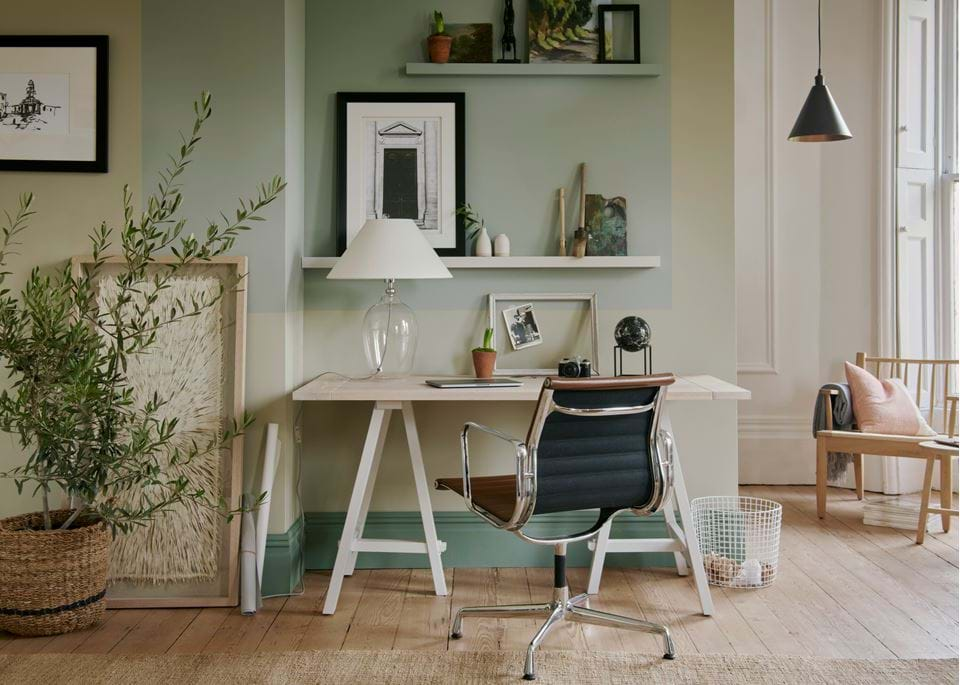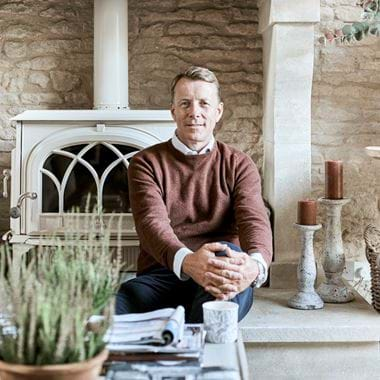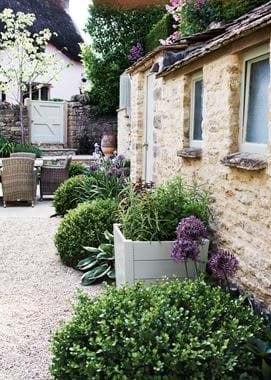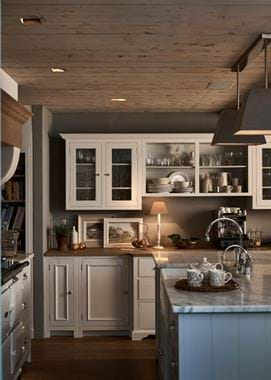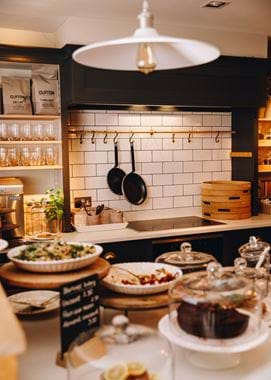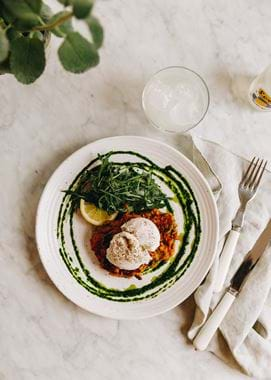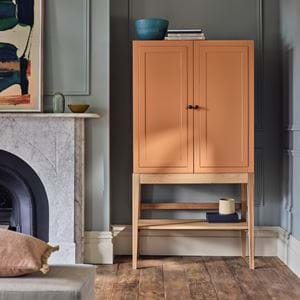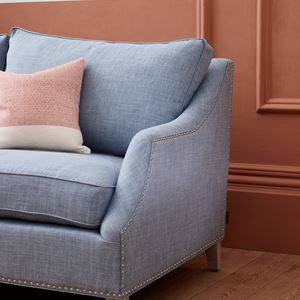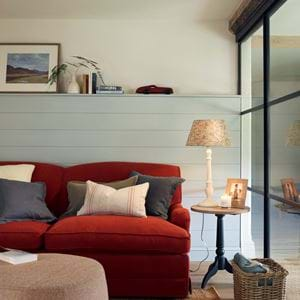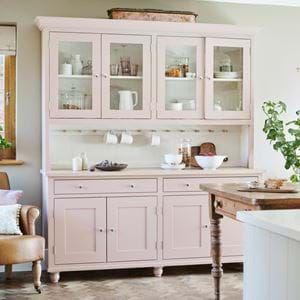The bigger picture
The bigger picture
For Neptune’s co-founder John Sims Hilditch, the act of restoring is more profound than simply renovating a building, a garden or a piece of furniture. It has emotional, lifestyle and environmental implications, as he explains to journalist Suzanne Imre.
Retain what you can, add what you need. That sage advice, handed out on a dusty building site by respected French hotelier Jean-Louis Sibuet many years ago, has always stayed with Neptune’s co-founder John Sims Hilditch and influenced his many restoration projects. For John, restoring buildings is something he’s been doing all his life, both for the business where many of Neptune’s stores are located in old buildings with former guises, and for his home life where the family cottage in Wiltshire – once the village schoolhouse – has been a 20-year plus renovation project.
Most recently, John applied the philosophy to some electrical renovations in a property where the original Bakelite light switches had been condemned. John wanted to save them, loving their tactility and ‘the switch which had a beautiful mechanism like a Swiss watch’. Eventually John won the discussion: ‘It took quite a few conversations for me to persuade the builder to retain the switches and make them safe behind the scenes, but eventually even he admitted they were special,’ recalls John.
The emotional satisfaction of restoring something is an important part of the process for John. ‘It’s lovely to hold onto history while bringing something up to date, knowing you’ve given it a new life ahead,’ he says. ‘And by engaging deeply with the details, you end up with a closer relationship with the project. Before it was just a building. Now it has something of you in it.’ The Italian concept of ‘bella figura’ also comes into play in John’s approach to projects – the idea that if something is worth doing, it’s worth doing well. And that can mean doing less, on occasion, as John explains: ‘A few carefully renovated details can be much more significant than rushing to do everything without enough thought.’
John’s ethos requires integrity. ‘When you start researching a project, you see how others once saw it. You can appreciate what the original designer wanted to do and if you stay true to that vision, while bringing it up to date, then you’ve kept the soul of the idea,’ explains John. ‘Otherwise the project is just a set of walls.’
But it’s not just bricks and mortar that John is focused on reviving. The Provenist cafe, adjacent to Neptune’s Bath store, is a chance to showcase how good food can be a restorative tonic. Following John’s belief in the advantages of a plant-based diet, the chefs at The Provenist aim to promote delicious, healthy food that has restorative benefits in a world where processed foods – and all the environmental concerns they create – have too easily become our default solution.
These concerns for our lifestyles and the environment play out on a larger scale too, especially following the pandemic when the world’s sudden slowing down resulted in a sharp reduction in carbon dioxide in the atmosphere. ‘Last year gave us the chance to consider the harm humans are doing to the world and understand that we’ve got the power to change that,’ says John. ‘We are on this spaceship called Planet Earth, there are no gas stations out there to replenish us, all we’ve got is here, on this planet, and we need to tread lightly.’
With that light touch in mind, John is keen that our ‘accidental restoration’ of the environment in 2020 is not lost. ‘We’re discovering that making changes without a negative impact can be rewarding,’ he says. ‘Whether that’s restoring something or buying something that is built to have a long life. Our key objective at Neptune is to create beautiful furniture that, with a little care, will last. If something is treasured, it will be looked after, retained and restored – and help the environment too.’
